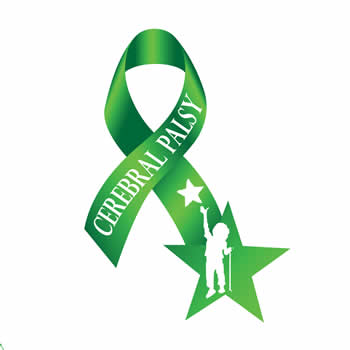Dr. Peace Amaraegbulam, the founder of the Straight Child Foundation (TSCF), has called on Nigerians to recognize and support individuals with cerebral palsy, emphasizing their remarkable determination and resilience in attaining their aspirations. Her remarks came following a health awareness walk organized by TSCF in partnership with the University of Nigeria Alumni Association, commemorating World Cerebral Palsy Day in Umuahia, the capital of Abia State. This year’s theme, “UniquelyCP,” aims to encourage the community to acknowledge, uplift, and include individuals with cerebral palsy in society, reinforcing the importance of treating them as valued members of the community.
During her address, Dr. Amaraegbulam highlighted the significant benefits that families and caregivers of children with cerebral palsy can gain by engaging in support networks. Such networks provide invaluable opportunities for sharing resources, experiences, and emotional encouragement. She further explained that cerebral palsy is a non-progressive condition; while brain damage does not worsen over time, the physical manifestations may evolve as children grow. Early diagnosis and a tailored intervention plan, including physical, occupational, and speech therapy, can enhance the child’s functioning, helping them achieve greater independence in their daily lives.
One of the core messages of the observance was to celebrate individuals living with cerebral palsy, not just for awareness purposes but also to illustrate the remarkable human potential that exists even when faced with significant challenges. Dr. Amaraegbulam passionately remarked that World Cerebral Palsy Day serves as a reminder that beauty can manifest in various forms and transcends physical limitations. By valuing the unique contributions, talents, and narratives of those with cerebral palsy, society can cultivate a culture of diversity and inclusivity.
Cerebral palsy typically arises from various prenatal and postnatal factors, including infections, premature birth, or lack of oxygen during labor, and sometimes brain injuries or severe jaundice afterward. Dr. Amaraegbulam noted that individuals with cerebral palsy often experience a range of symptoms. While many may have accompanying issues such as intellectual disabilities, seizures, or sensory impairments, not every individual is affected by these problems uniformly. She categorized the primary types of cerebral palsy—spastic, dyskinetic, ataxic, and mixed—each presenting unique challenges. The manifestations of cerebral palsy can include difficulties with coordination, mobility, speaking, and fine motor skills, and the severity varies significantly from person to person.
Dr. Amaraegbulam emphasized that each individual with cerebral palsy possesses unique needs, necessitating personalized treatment plans. These plans focus not only on improving motor skills and managing pain but also on enhancing the overall quality of life. The theme of “UniquelyCP” for the 2024 World Cerebral Palsy Day is particularly significant, as it seeks to convey to society that a person’s disability does not define their entire identity. Instead, individuals with cerebral palsy possess distinct qualities and strengths that contribute to their capacity to achieve personal goals.
Finally, the health walk featuring participants from the TSCF and the University of Nigeria Alumni Association, led by local representative Prince Larry Chuku, illustrated a collaborative effort to increase awareness and understanding of cerebral palsy within the community. Dr. Amaraegbulam asserted that the initiative was not only a celebration but also a step towards amplifying the voices of those affected and fostering a supportive environment where they can thrive. This collective advocacy symbolizes a commitment to inclusivity and recognition of the challenges faced by individuals with cerebral palsy, celebrating their resilience in the pursuit of a fulfilling life.


